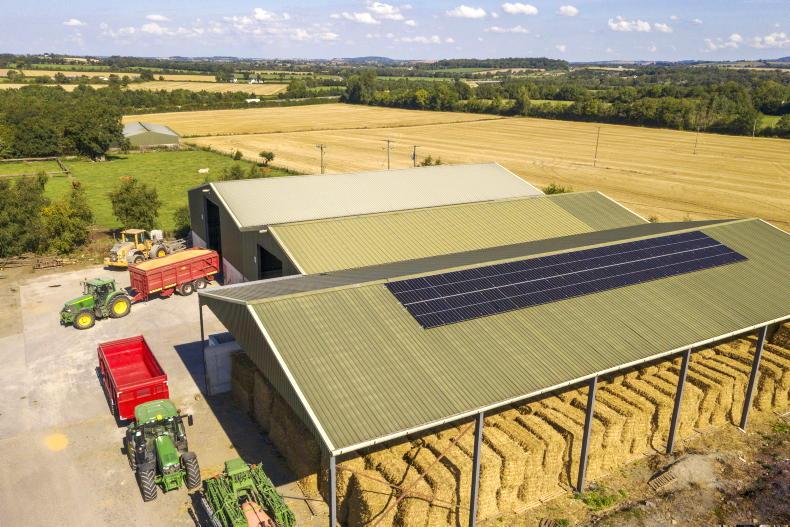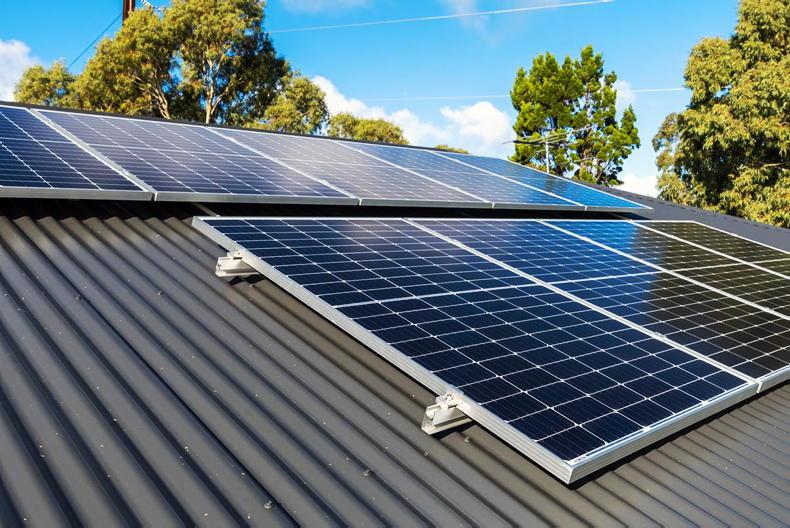The new zero-VAT rate on solar PV equipment offers real benefits for farmers and rural dwellers, according to the Micro-Renewable Energy Federation (MREF).
Welcoming Revenue’s publication of the guidelines for the new zero-VAT rate, MREF chair Pat Smith said they provided clarity for the industry, homeowners and for farmers.
“The guidelines confirm that the new zero-VAT rate will now apply to farm home installations where the solar PV is installed on the home or outhouse, so long as the system is for domestic purposes,” Smith explained.
While the zero-VAT rate will be available for solar PV installations on farm homes but not for farm businesses, Smith said the Revenue note contained some good news for farmers.
Refundable
Although VAT will continue to be charged on solar PV farm installations as before, Revenue clarified that this VAT is refundable as a qualifying renewable energy investment, Smith pointed out.
The new zero-VAT rate will apply from 1 May.
Meanwhile, serious concerns have been raised by Fianna Fáil MEP Billy Kelleher regarding the prohibition on farmers selling excess solar-generated electricity into the national grid where the solar panels were grant aided under the Targeted Agricultural Measures Scheme (TAMS).
Kelleher, a member of the European Parliament’s environment committee, recently received a written answer from Commissioner for Agriculture Janusz Wojciechowski, confirming that the prohibition is only applied under specific circumstances and that other options were available to the Department which would have allowed farmers to sell excess electricity for profit.
Measures
“The Commissioner informed me that there is a prohibition in place for ‘farmers benefiting from support for agricultural activities under Rural Development Measure 4.1’ - the measure the Department applied under,” Kelleher said.
“However, the Commissioner did point out that the Department could have applied under Measures 4.3, 6 or 7, which does not have a prohibition in terms of selling excess electricity into the grid,” he explained.
“We need to know why the Department did not make the application under alternative measures. There may be very good reasons, but they need to be in the public domain.
"All we have heard from departmental spokespeople is that the prohibition is decided at EU level and has nothing to do with Ireland. This is disingenuous at best,” the MEP maintained.
“Farmers are rightly annoyed at a loss of potential income. To my mind, it makes no sense to have applied for EU funding in this fashion. The decision needs to be explained publicly and properly,” Kelleher said.










SHARING OPTIONS